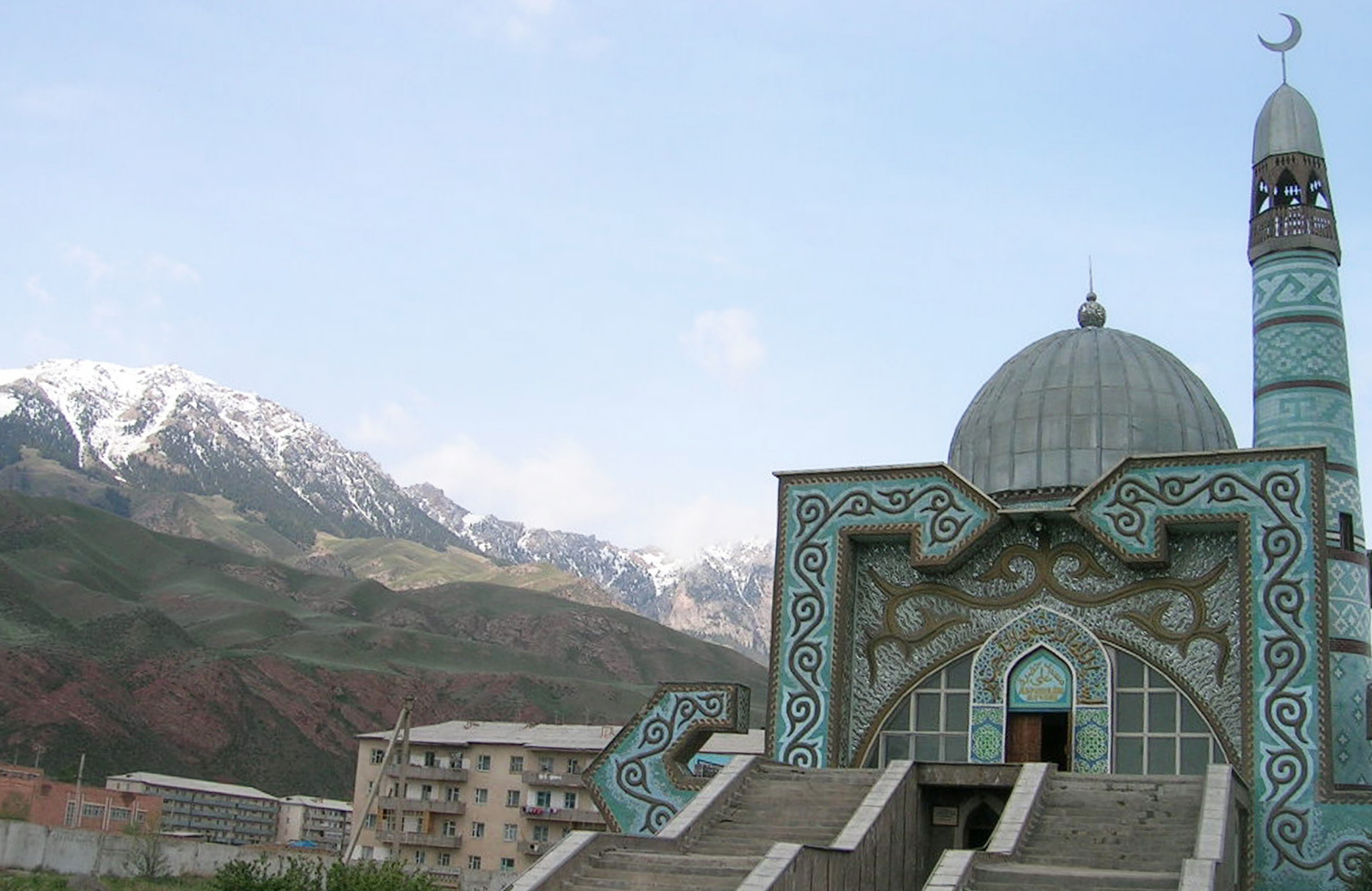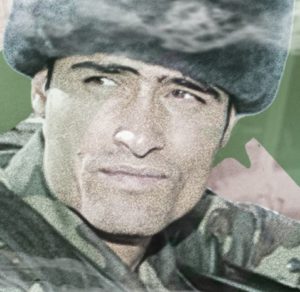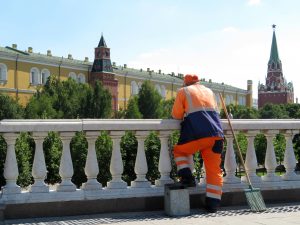Mapping Islamic Civil Society in the Kyrgyz Republic
Read the full report here.
Islamic civil society, a term used to denote a wide array of actors who promote forms of associational life and mutual support, is becoming an increasingly present force in the lives of people in the Kyrgyz Republic. As levels of religiosity rise and the state continues to fail to provide basic services, the
Kyrgyz Republic, the region’s most open country, has developed a robust and diverse civil society based on principles of Islam. In order to find ways to engage with civil society, it is crucial to move beyond western norms and concepts, and seek to understand and define a new Islamically-oriented vocabulary for civic engagement. It is these organizations that often have reach and rapport with communities in the Kyrgyz Republic. To assess the situation with Islamic civil society in the Kyrgyz Republic, we conducted 15
interviews with stakeholders and profiled 30 organizations. We analyze the role of eight categories of actors, including mosques, the muftiate, NGOs, foundations, media organizations, jamaats, Islamic financial institutions and madrassas.
Participants agreed that Islamic civil society remains a relevant actor and understudied topic. Its role in society is hotly contested, with some viewing it as an essential to building mutual-support and solidarity, while others label it as a tool for politicians to gain supporters and conservative individuals to impose their values on others. This is part of a broader debate over the role of Islam in society and the proper relationship between the state and religion should be, with some arguing that it should leave religion alone, others that it should tightly regulate religion to avoid the emergence of “extremism” and others arguing that it should actively promote Islam. While not fundamentally opposed to the goals and aims of secular civil society, our respondents highlighted that bridging the two remains a challenge, with ideological disagreements over social norms and concerns about funding approaches coming to the forefront. There is a need for further efforts to foster dialogue between Islamic civil society and its secular counterparts to identify areas for cooperation, such as preventing violent extremism, poverty alleviation, anti-corruption, women’s rights and healthcare. Understanding these emergent forms of civil society will be essential to finding ways to strengthen communities of trust that increase citizen engagement, provide services that meet local needs and enhance security.
The participants recommended that our current project, as well as future projects:
- Train religious leaders in the use of social media to help provide accurate information to young people about religion.
- Build the capacity of religious organizations and NGOs to improve their online messaging and develop more educational content.
- Most respondents thought more needs to be done to strengthen dialogue among different viewpoints, with some citing successful examples of collaborative projects which built friendship and understanding.
- Develop positive messaging campaigns about the positive aspects of religion in society in order to build tolerance between communities.
- Enhance religious education in schools, ensuring that this covers not only Islam, but other religions too, with a strong emphasis on the need for tolerance.
- Build the capacity of religious organizations to fundraise and adopt appropriate policies to track financial transactions.
- Provide more opportunities for secular and religious communities to collaborate on projects.
- Enhance the legal literacy of Islamic organizations.
- Work to change public opinion about civil society, which is currently viewed as a Western-backed phenomenon implanting alien ideas into the country’s population. Such an information campaign could highlight the diversity of civil society and spotlight local organizations whose work is grounded in local needs.
- Conduct more dialogue and trust building within Islamic communities, where different sects are often at odds with one another.
- Donors could think through ways of creating new funding models that take stakeholders from Islamic civil society into account.




